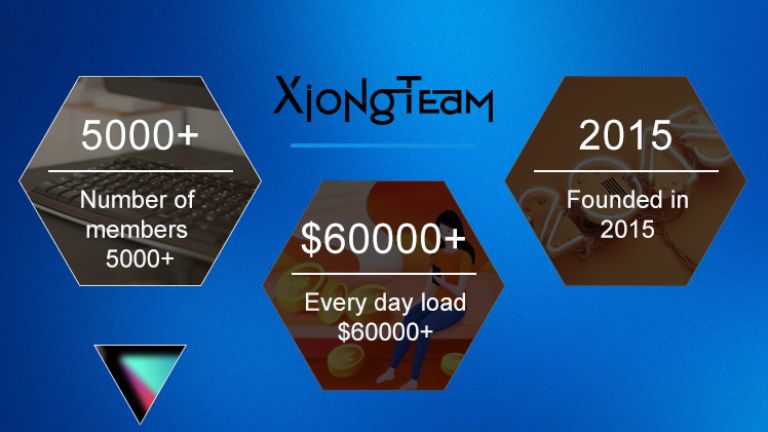Technology holds a lot of promise for improving life as we age. From smartwatches to blood oxygen monitors, it allows seniors to stay independent longer while still maintaining their health and safety.
For the older demographic, technology may seem complicated or unnecessary. That said, many new tools are designed with seniors in mind and provide peace of mind to families and caregivers. However, it isn’t a silver bullet and should not replace human care and companionship.
While technology is improving life for many, others still prefer the human touch. For some seniors, an occasional visit from a home health nurse or aide is more reassuring than the latest gadget. Let’s explore this subject further.
How Technology Is Revolutionizing Senior Care Outside of Hospitals
Technology is improving the lives of many seniors by allowing them to stay in their own homes longer. However, technology is not a substitute for human interaction and care. Over-reliance on technology risks social isolation and depression in seniors.
Home health nurses and aides provide companionship and help with daily tasks like bathing or meal preparation that technology cannot replicate. They can also spot subtle health changes that devices might miss.
Many home care nurses undergo specific training and have completed a DNP family nurse practitioner program or a similar equivalent. This specialized training is important when you consider that the home care market is expected to hit $225 billion by next year, according to Insider Intelligence.
According to Baylor University, a DNP is the most advanced nursing degree available. This increases the likelihood that elders are able to receive holistic and well-rounded care.
Why is this important?
Well, a balanced approach that incorporates both high-tech tools and human support is almost always the most comprehensive solution. Technology and home health services work well together and can maximize safety and health monitoring far more effectively than one single approach.
Rely too much on technology, and elders miss out on the human touch and intuitive care. Rely too much on nurses, and seniors might find themselves too dependent on them.
Examples of Cutting-Edge Tech for Seniors
Statistics from the Pew Research Center show that more than 17% of Americans over the age of 50 use smartwatches or fitness trackers. These days, they come with a variety of helpful features, like fall detection, emergency alert buttons, and heart rate monitoring. If a senior suffers a fall or health event, the watch can automatically contact emergency responders.
Smartwatches can be programmed to send medication reminders, helping older adults adhere to their medication schedules. This is particularly useful for those with chronic conditions that require regular medication.
Smartwatches can monitor daily physical activity, including steps taken, distance walked, and calories burned. This information can help seniors stay active and maintain a healthy lifestyle. Many smartwatches also provide reminders to move, encouraging users to stay active throughout the day.
Once again, the human element is also important. Home care nurses can ensure that these devices are working properly and address any technical issues immediately.
Voice assistants are another great tool that significantly helps seniors. The simplicity of voice commands allows them to control various aspects of their environment without the need for complex interfaces or physical exertion.
For those with mobility challenges or dexterity issues, voice-activated assistants serve as a valuable tool for hands-free control. Seniors can set reminders for medication schedules, and calendar appointments, or even engage in natural language interactions to receive information and entertainment.
Furthermore, voice assistants contribute to social connectivity, a critical component of senior well-being. With the ability to make phone calls, send messages, or initiate video calls, these devices help seniors stay connected with family and friends.
Lastly, home security systems, lighting, and even robot vacuums all work together to ensure that seniors are able to live a more independent life. That said, an independent life shouldn’t mean an isolated one.
When you consider that several studies have shown that social isolation and loneliness increase the risk of conditions like depression and high blood pressure, the importance of staying connected is critical.
In conclusion, technology has the potential to greatly improve senior care and give elderly individuals more independence. However, it should not be seen as a replacement for human interaction and relationships.
The future of senior care should ideally involve a balanced mix of innovative tech solutions and dedicated care providers. They can work together to allow the elderly to age comfortably and safely in their own homes.



